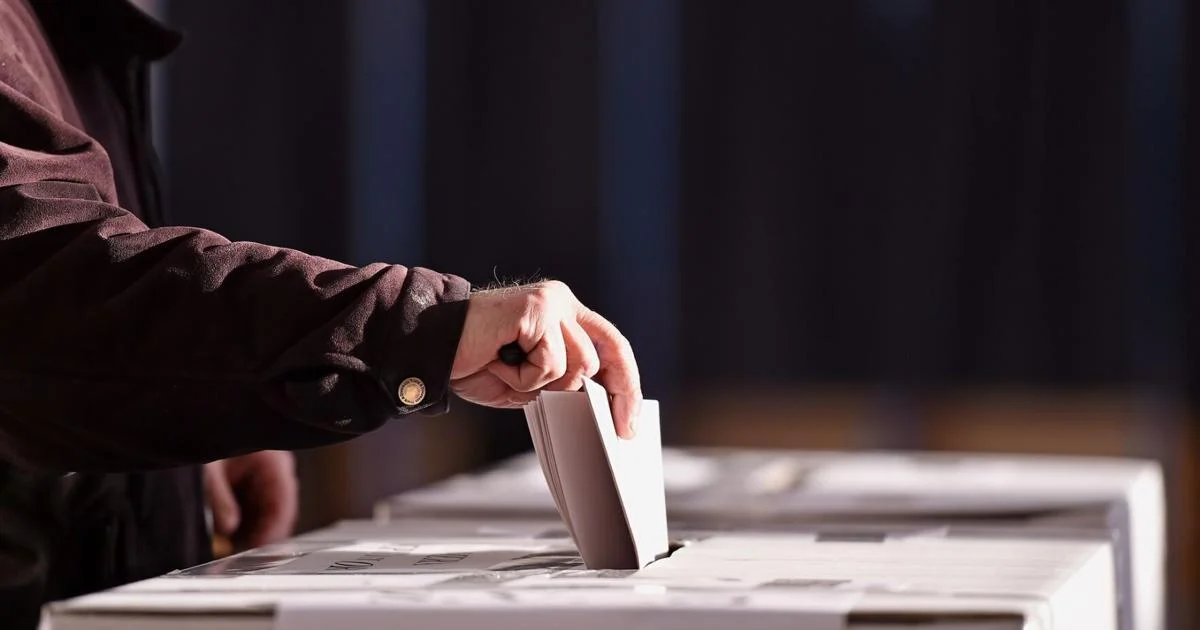In response to alarming reports revealing how individual ballots could be traced back to specific voters, Texas Secretary of State Jane Nelson has issued emergency guidance to uphold ballot secrecy.
This directive comes after it was found that public records laws currently make it possible to match individual voters with the ballots they cast in state elections, thereby compromising voter privacy.
The office of Secretary Nelson issued a memo instructing county election administrators to enhance their efforts in redacting voter information.
This guidance includes removing identifiable details such as voting locations, time stamps, and ballot numbers from public records. By doing so, the state aims to reinforce the constitutional right of Texans to a secret ballot.
This move was spurred by a series of investigative reports highlighting the vulnerability of voter privacy. The reports revealed that public voter information, when combined with public ballot data, could expose which candidates individuals voted for.
Key pieces of information, including voter ID numbers, addresses, voting locations, precinct numbers, and time stamps on ballots, are publicly accessible, creating potential privacy risks.
In the memo, the Secretary of State’s office emphasized the need for election administrators to “adopt procedures to ensure that any personally identifiable information of a voter that is contained on a ballot is redacted.”
By expanding the scope of redacted information, the office aims to close the loopholes that could potentially compromise voter anonymity.
A pivotal moment in this issue was a recent Attorney General ruling related to Tarrant County. The ruling stated that the locations where voters cast their ballots could be considered personal information and must be redacted to protect voter privacy.
This decision followed a request by Tarrant County Elections Administrator Clint Ludwig, who sought clarification from the Attorney General on what voter information could be legally redacted.
Ludwig’s proactive approach to safeguarding voter privacy included measures to redact and remove any information that could link individual voters to their ballots.
He emphasized the importance of balancing transparency with the need to keep voters’ choices confidential. “While Tarrant County Elections strives for transparency, we also understand the importance of keeping a voter’s ballot confidential,” Ludwig wrote to NBC 5.
Christina Adkins from the Secretary of State Elections Division echoed these sentiments at a recent Texas House committee hearing. She reassured voters that protections are in place to ensure ballot secrecy, especially with the upcoming presidential election in November.
“More importantly, when we’re talking about our presidential election in November, voters can be assured that there are protections in place in Texas law,” Adkins stated.
Voter data analyst Derek Ryan of Ryan Data and Research underscored the gravity of the situation, explaining that while the process of matching ballots to voters is complex and requires specialized knowledge and technology, it is indeed possible.
“It’s an extremely big deal. Our country is founded on the idea that you can go into a polling location and cast a secret ballot,” Ryan remarked.
Ryan also noted that the emergency guidance provides county officials with the necessary framework to maintain ballot secrecy throughout the 2024 election. However, he anticipates that lawmakers will need to implement more permanent solutions when they convene for the 2025 legislative session.
“It’s kind of interesting that in the spirit of transparency we just accidentally went a little too far and now it’s necessary to tweak some things,” Ryan observed.
The issue gained public attention following a few high-profile cases. For instance, the political blog Current Revolt claimed to have uncovered the ballot of former Republican Party Chair Matt Rinaldi, revealing a vote for Florida Governor Ron DeSantis instead of former President Donald Trump in the March primary.
Rinaldi has not commented publicly but has threatened legal action against the blog through a Texas GOP attorney.
Similarly, another website purportedly identified the ballot of Democratic Congressman Colin Allred, though Allred has not commented on the matter to NBC 5.
The root of this problem traces back to legislative changes made after the 2020 election. Amid widespread skepticism and numerous lawsuits filed by former President Donald Trump’s campaign, Texas lawmakers passed laws aimed at increasing transparency in the election process.
However, these laws inadvertently made too much information publicly accessible, leading to the current concerns over voter privacy. Election officials have conveyed to lawmakers that the quest for transparency has inadvertently compromised the secrecy of voters’ ballots.
The Secretary of State’s emergency guidance represents a crucial step in addressing these concerns, ensuring that voter privacy is maintained while still upholding the principles of transparency and integrity in the election process.
Read more news:
